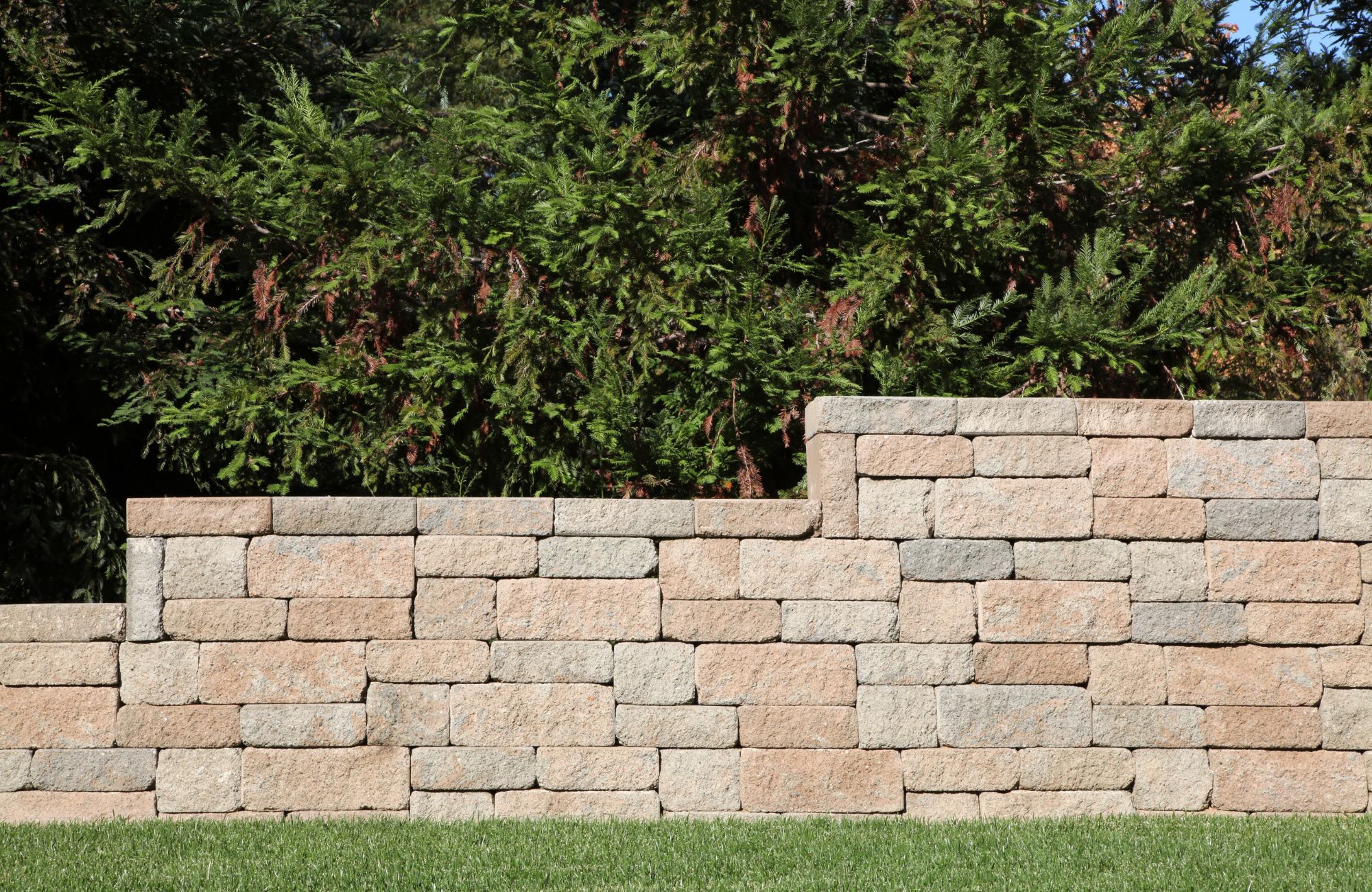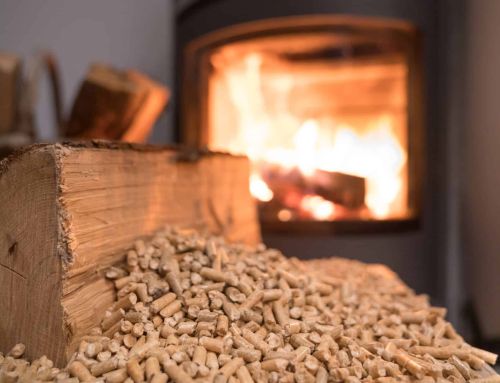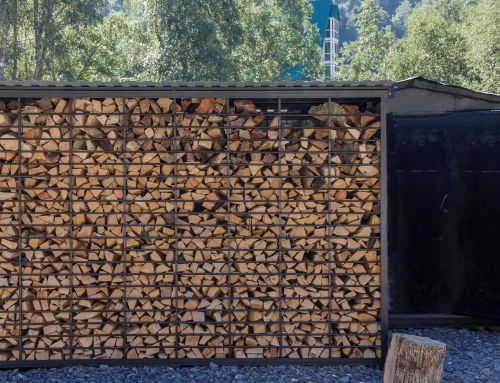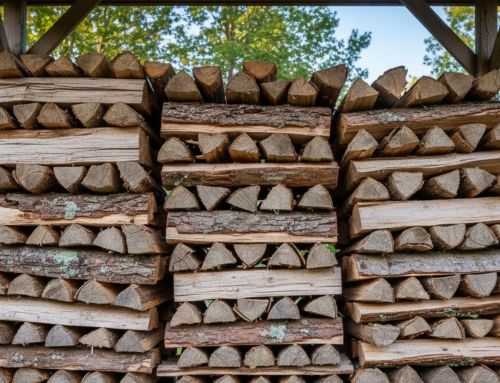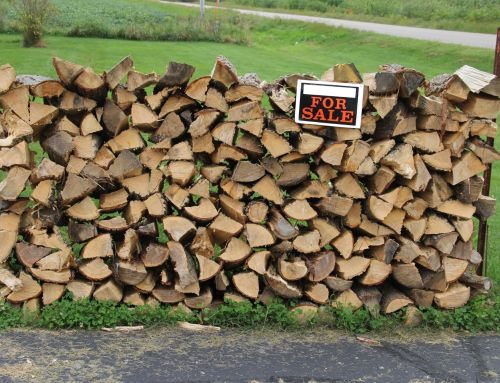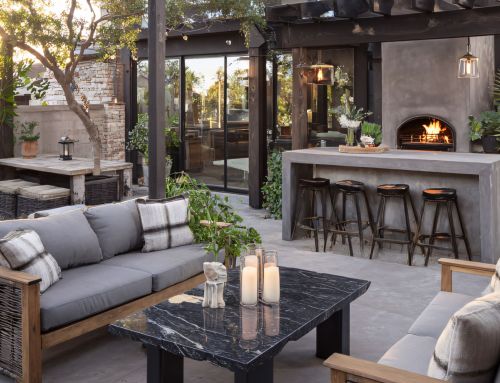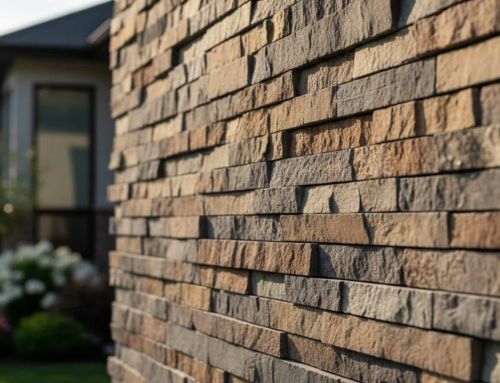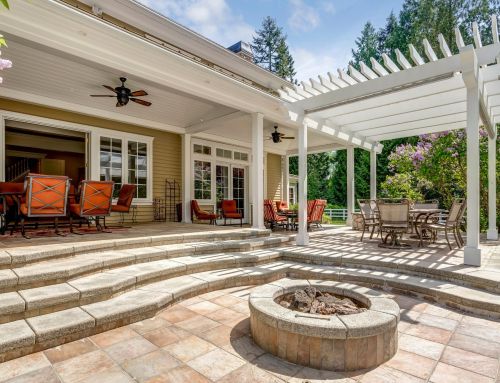Concrete block walls stand among the most durable construction materials available today, providing decades of reliable service with minimal maintenance requirements, even in the presence of debris. From residential retaining walls to commercial building foundations, concrete block walls have revolutionized how we approach construction projects that demand both strength and longevity.
Modern construction benefits from the perfect marriage of functionality and versatility that concrete block walls provide, offering exceptional durability while accommodating diverse architectural styles from simple garden retaining walls to complex commercial foundations, including windows. The beauty of concrete block walls lies in their modular nature and proven performance, as unlike cast-in-place concrete that requires complex forms and perfect weather conditions, concrete blocks arrive ready to install, allowing for faster construction timelines and greater flexibility in project scheduling.
Types of Concrete Blocks and Masonry Units
Standard Concrete Blocks
Hollow Core Blocks represent the most common concrete masonry unit, featuring hollow spaces that reduce weight while accommodating reinforcement and utilities, making them versatile and easier to handle compared to poured concrete. In contrast, Solid Concrete Blocks offer maximum strength for demanding load-bearing applications, while Lightweight Concrete Blocks use specialized aggregates for residential applications with enhanced thermal properties for energy efficiency.
Decorative Concrete Blocks
Split Face Blocks feature a rough, textured surface that mimics natural stone, typically costing 25-40% more than standard blocks but offering significant decorative options when filled. Alternatively, Ground Face Blocks provide a smooth appearance for contemporary applications, while Specialty Decorative Options include river rock and stack stone textures that expand design possibilities. When selecting decorative blocks, consider consulting with suppliers to ensure your chosen blocks meet both aesthetic and structural requirements.
Concrete Block Wall Applications
Retaining Wall Systems
Residential retaining walls represent one of the most common applications for concrete block construction in the basement, offering homeowners an attractive and durable solution for managing grade changes and preventing soil erosion, typically ranging from 3 to 8 feet in height, with foundations that should be twice the width. Successful construction requires proper foundation preparation and drainage design with footings below the frost line, while commercial applications demand sophisticated engineering and professional analysis for appropriate specifications.
Building Construction Applications
Foundation Walls constructed with concrete blocks offer advantages over poured concrete alternatives, including faster installation and vertical rebar integration, and superior repairability while providing excellent moisture resistance and accommodating dimensional changes without specialized equipment. Similarly, Above-Grade Wall Systems using concrete blocks provide excellent structural performance with design flexibility, as these walls can be load-bearing or non-load-bearing depending on structural requirements and architectural design.
Landscape and Outdoor Applications
Privacy Walls and Screens built with concrete blocks offer long-lasting solutions with minimal maintenance compared to wood or metal alternatives, and can incorporate decorative elements that lead to planters or lighting fixtures, ensuring a solid connection. Unlike wood fencing, which requires regular maintenance, concrete block walls maintain their appearance for decades, while Security Barriers and Enclosures benefit from inherent strength, though these applications often require specific engineering considerations to meet security standards or building codes.
Concrete Block Wall vs. Cast-in-Place Concrete
Performance Comparison
Structural Strength Analysis reveals that both concrete block walls and cast-in-place concrete achieve similar strength ratings through different mechanisms, with block walls deriving strength from individual blocks and mortar bonds while cast-in-place relies on monolithic strength.
However, cinder blocks often demonstrate superior performance where differential settling occurs, as excess mortar joints provide flexibility that accommodates minor movements without structural damage, making them suitable for residential applications with poor soil conditions.
Key Performance Advantages of Concrete Block Walls:
Key performance advantages of concrete block walls include excellent moisture resistance in humid climates and vertical joints resistance that withstands hurricanes and extreme temperatures, natural fire resistance with high fire ratings, ease of installation that’s faster than cast-in-place concrete, repairability through minimum individual block replacement, and versatility with a wide range of sizes, shapes, and decorative options.
Installation Considerations
Construction Timeline advantages favor concrete block construction as blocks can be installed immediately upon delivery with sand, while cast-in-place concrete requires form construction, delivery coordination, and an extended curing process. Weather dependency is significantly reduced since installation can proceed in conditions that would prevent concrete placement, while Labor and Equipment Requirements are less specialized, making skilled labor more available and less expensive with simpler, less costly tools required.
Installation Process and Construction
Foundation Preparation
Excavation and Site Preparation begins with proper trenching below the frost line to prevent frost heave damage, with the trench holes twice the wall width and deep enough to accommodate the concrete footing plus adequate frost line depth, marked with a chalk line. Concrete Footing Construction provides the essential foundation, requiring high-strength concrete that cures for 2-3 days before beginning block installation to ensure long-term wall stability and prevent settlement issues.
Block Wall Construction
First Course Installation requires establishing proper alignment using chalk lines and ensuring the first row is perfectly level and square, followed by insulated Mortar Application and Block Placement, which involves applying mortar in consistent bed joints and head joints between blocks. Subsequently, Reinforcement Installation typically involves placing steel rebar in the hollow cores of blocks and filling with concrete to create reinforced columns, with specific reinforcement requirements depending on wall height, loads, and local building codes.
Quality Control and Finishing
Joint Finishing involves reinforcing bars, tooling mortar joints to compress and shape them for optimal water shedding and attractive appearance, completed when mortar reaches a proper consistency that is firm enough to retain tooling marks but not so hard that tooling damages the joint in a house. Finally, Cap Block Installation completes the wall by providing weather protection and a finished appearance
Professional vs. DIY Installation
DIY Installation Considerations
Skill Requirements for concrete wall construction include basic masonry skills, understanding of square inch and plumb construction, and physical ability to handle heavy blocks safely while demanding attention to detail and patience. Additionally, Tool Requirements include basic hand tools like trowels, levels, and string lines, plus some specialized tools like jointers and block chisels, with most tools available at reasonable cost. However, while Cost Savings Potential can be significant as labor represents 40-60% of total costs, factor in time investment, learning curve, and potential mistakes requiring professional correction.
Professional Installation Benefits
Expertise and efficiency provided by professional contractors result in faster installation, higher quality workmanship, and warranty protection while preventing issues that might not be apparent to DIY installers compared to poured installation. Additionally, equipment and resources include specialized tools and established supplier relationships that reduce material costs and ensure timely delivery. Furthermore, risk management includes liability insurance, code compliance assurance, and warranty coverage that protects your investment and provides peace of mind.
Maintenance and Longevity
Routine Maintenance Requirements
Annual Inspection should include checking for connection cracks, loose mortar joints, and signs of water damage or efflorescence. Early identification of problems allows for simple repairs that prevent more extensive damage.
Cleaning and appearance Maintenance involves cinder block wall periodic cleaning with mild detergent and water, plus removal of any stains or biological growth. Most concrete block walls require minimal maintenance beyond occasional cleaning.
Long-term Performance
The expected lifespan for properly constructed concrete block walls varies based on energy efficiency and ranges from 50-80 years, depending on climate conditions, construction quality, and maintenance practices. This longevity makes concrete blocks an excellent long-term investment.
Repair and restoration capabilities of concrete block walls exceed those of most other construction materials. Individual blocks can be replaced, mortar joints can be repointed, and structural modifications can be made without major reconstruction.
Climate and Environmental Considerations
Climate-Specific Performance
Cold climate applications require attention to frost protection, proper drainage, and appropriate foundation depth. Concrete blocks perform well in cold climates when properly constructed with adequate drainage and reinforcement.
Hot climate considerations include thermal expansion accommodation and potential for efflorescence in humid conditions. Light-colored blocks can help reduce heat absorption in hot climates.
Sustainability Factors
Environmental benefits of concrete blocks include long service life, recyclability, and often openings material sourcing that reduces transportation impacts. Many concrete blocks contain recycled materials, enhancing their environmental profile.
Energy efficiency characteristics of cinder block walls include thermal mass that helps moderate temperature swings and potential for integrated insulation systems that enhance overall building performance.
Conclusion
Concrete block walls offer an unmatched combination of durability, versatility, and cost-effectiveness for construction applications ranging from residential retaining walls to complex commercial structures that provide reliable performance for decades with minimal maintenance. The key to successful construction lies in proper planning, quality materials, and appropriate techniques, whether you choose DIY installation or professional contractors. The investment pays dividends through enhanced property value, reduced maintenance requirements, and durable construction that combines practical performance with aesthetic appeal from foundation walls to decorative landscape features.
At Old Station Landscape Supply, we understand the importance of quality materials and expert guidance in concrete block wall construction. Our extensive inventory of standard and decorative concrete blocks, combined with our knowledge of local construction requirements and best practices, ensures your project receives the materials and support needed for exceptional results. Contact us today to explore our concrete block options and discover how we can support your construction project from planning through completion.
FAQs
What is a concrete block wall?
A concrete wall is a structure built from individual concrete masonry units (CMUs) that are stacked and bonded together with mortar to create durable, versatile walls. Concrete block walls are commonly used for foundations, retaining walls, and building construction due to their strength and modular design.
Are concrete block walls waterproof?
Concrete block walls are naturally water-resistant but not completely waterproof without additional treatments. However, concrete block walls can be made effectively waterproof through proper drainage design, waterproofing membranes, and construction techniques for most applications.
How are concrete block walls made?
Concrete block walls are made by stacking individual concrete masonry units in courses, bonding them together with mortar, and often incorporating steel reinforcement in the hollow cores. The construction process involves proper foundation preparation, precise block placement, and quality mortar application to ensure structural integrity.
What is the function of a concrete block?
The function of concrete blocks is to provide structural support, create barriers, and form durable walls for various construction applications, including foundations, retaining walls, and building structures. Concrete blocks serve multiple functions, including load-bearing support, privacy screening, and aesthetic enhancement in both residential and commercial projects.

